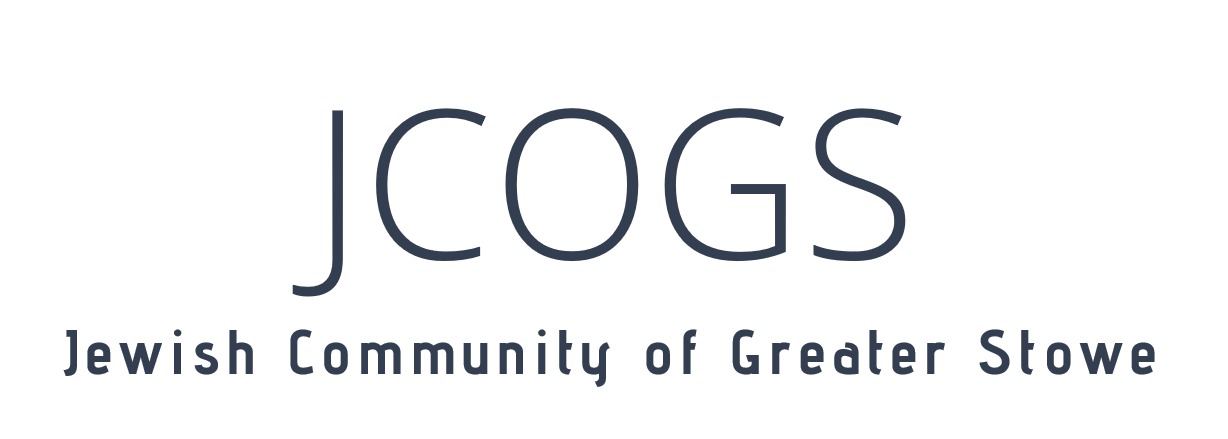“that you do not get a patent for saying ‘cure dementia with a medication.’ You must state exactly what the medication is,” explains Daniel Nazer, an employee lawyer during the Electronic Frontier Foundation.
However in the net age, individuals discovered they are able to get a patent for an otherwise abstract concept for as long it to an existing technology as they tied. As an example, you mightn’t get a patent on “meal preparation.” But also for a little while, a patent could be got by you for dinner thinking about the world-wide-web.
Then, four years back, the Supreme Court set guidance that is new patenting pc software with an instance called Alice Corp. v. CLS Bank Overseas. The ruling, called the Alice decision, held that it happen, it’s still an abstract idea — and still not patentable if you take an abstract idea and just propose using a computer or the Internet to make.
So meal-planning on the web: no more patentable. But just what about Tinder’s patent?
Earth Cash
Episode 399: Are You Able To Patent A Steak?
Bumble contends the patent protects the notion of “matchmaking on the net,” and may be trashed. Tinder, meanwhile, contends that marrying the swipe motion with a matchmaking system is a invention that is true a concrete enhancement to dating app interfaces.
Through The Archives
The Way The Supreme Court Could Reshape The Tech Patent Landscape
Who is right? Burstein states within the post-Alice landscape that is legal it isn’t a simple concern to solve. It is difficult to have a simple test for what exactly is an abstract idea, and what is a software invention.
“You can not simply say ‘do it on some type of computer’ and make it patentable . That is not sufficient,” she claims. “You’ve got to incorporate something more. But that ‘something more’ is the hard component.”
The dispute continues to be pending in court. Asked for touch upon the legal actions, both companies directed NPR toward their filings that are publicly available.
Nazer, because of the EFF, states a few months ago he would have bet on a victory for Bumble — but due to the fact appropriate criteria in this region are constantly evolving, today, he is not yes.
A era that is new pc software patents
The Supreme Court choice has invalidated lots of pc software patents, with courts finding that the patents never really hookupdates.net/escort/indianapolis extended beyond a broad, abstract concept.
Which is a good thing, Nazer contends. Their team, the EFF, thinks patent that is overly broad had been detrimental to competition, and therefore the Supreme Court’s choice has fostered a more healthy market for a few ideas. It’s also assisted small enterprises and start-ups protect on their own against patent trolls — individuals who have patents merely to sue businesses — and avoid costly, drawn-out patent legal actions, he states.
All Tech Considered
Using The Battle Against Patent Trolls Towards The Public
Nazer contends that a few ideas should really be absolve to copy — like when Sears had been one of several first stores to begin attempting to sell products through a catalogue. If no body else have been permitted to follow suit, “would that have already been beneficial to the economy?” Nazer asks, rhetorically.
Michael Risch, a teacher at Villanova University’s Charles Widger class of Law, has a concerns that are few. He agrees that numerous bad, extremely broad patents have already been trashed underneath the Supreme Court decision called Alice. But ones that are good be obstructed too, he states.
“a lot of could work happens to be to illustrate that in the event that you used the definitions courts are utilizing for abstractness, quite a few most well-known patents would ramp up being unpatentable today. Just like the phone,” Risch states. Alexander Graham Bell’s patent ended up being sort of broad, he states — you may argue he patented a notion for how exactly to send sound over a distance.
This push-and-pull, between enabling competition and rewarding innovation that is true is in the centre of patent legislation, claims Burstein, what the law states teacher.
“this is certainly kind of the question that is eternal of,” she states. “[The] tension we now have between hoping to get the liberties maybe not too broad, maybe not too slim, but . perfectly.”
And if the courts swipe suitable for Tinder or Bumble, the task of choosing the balance that is right carry on.

